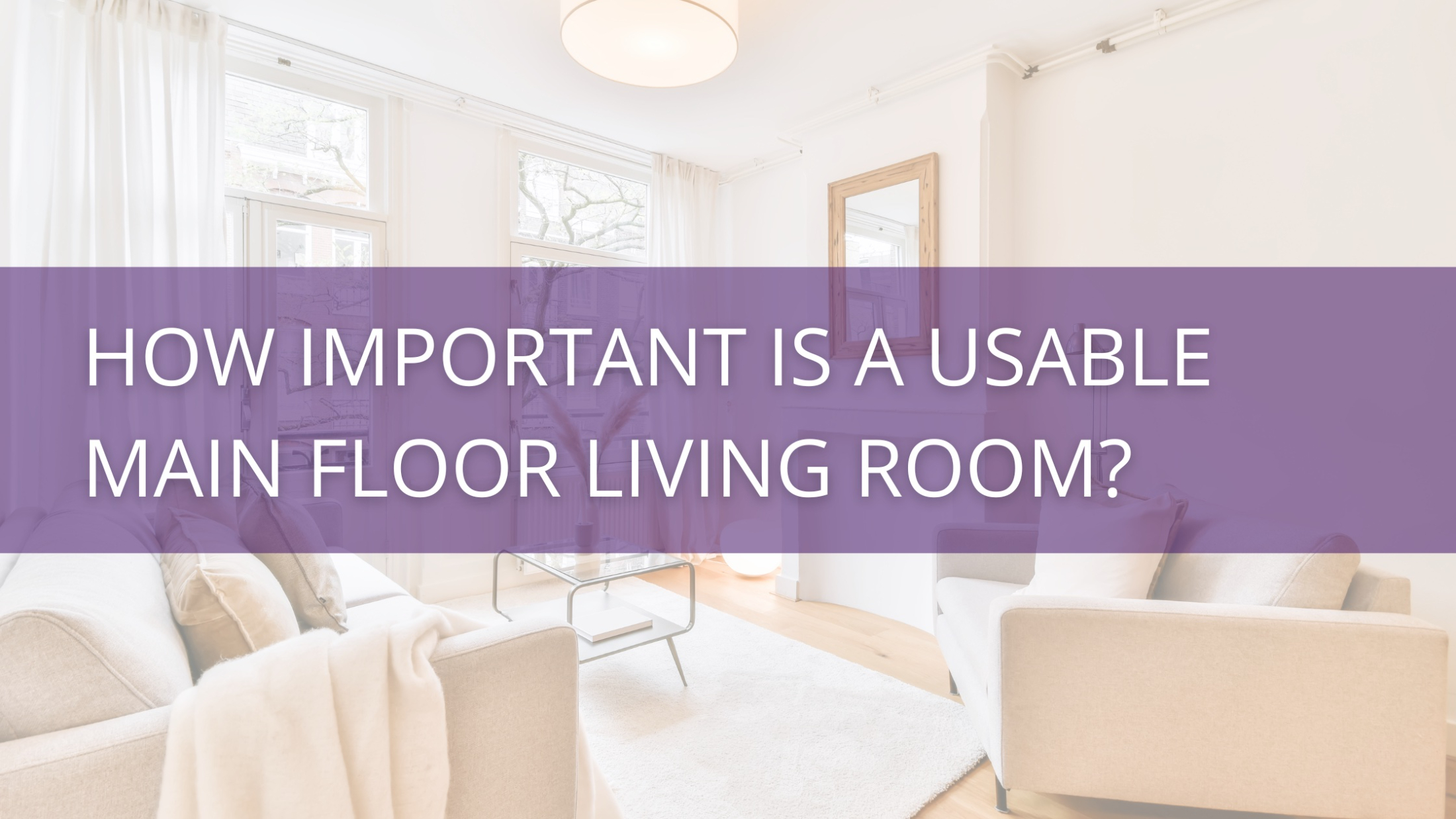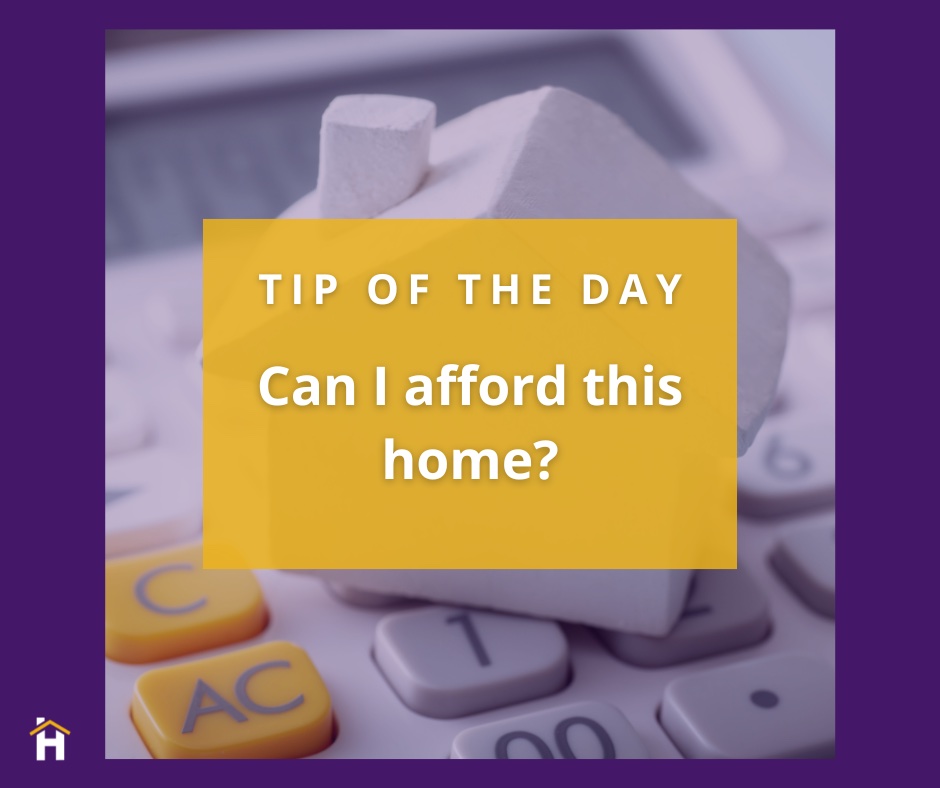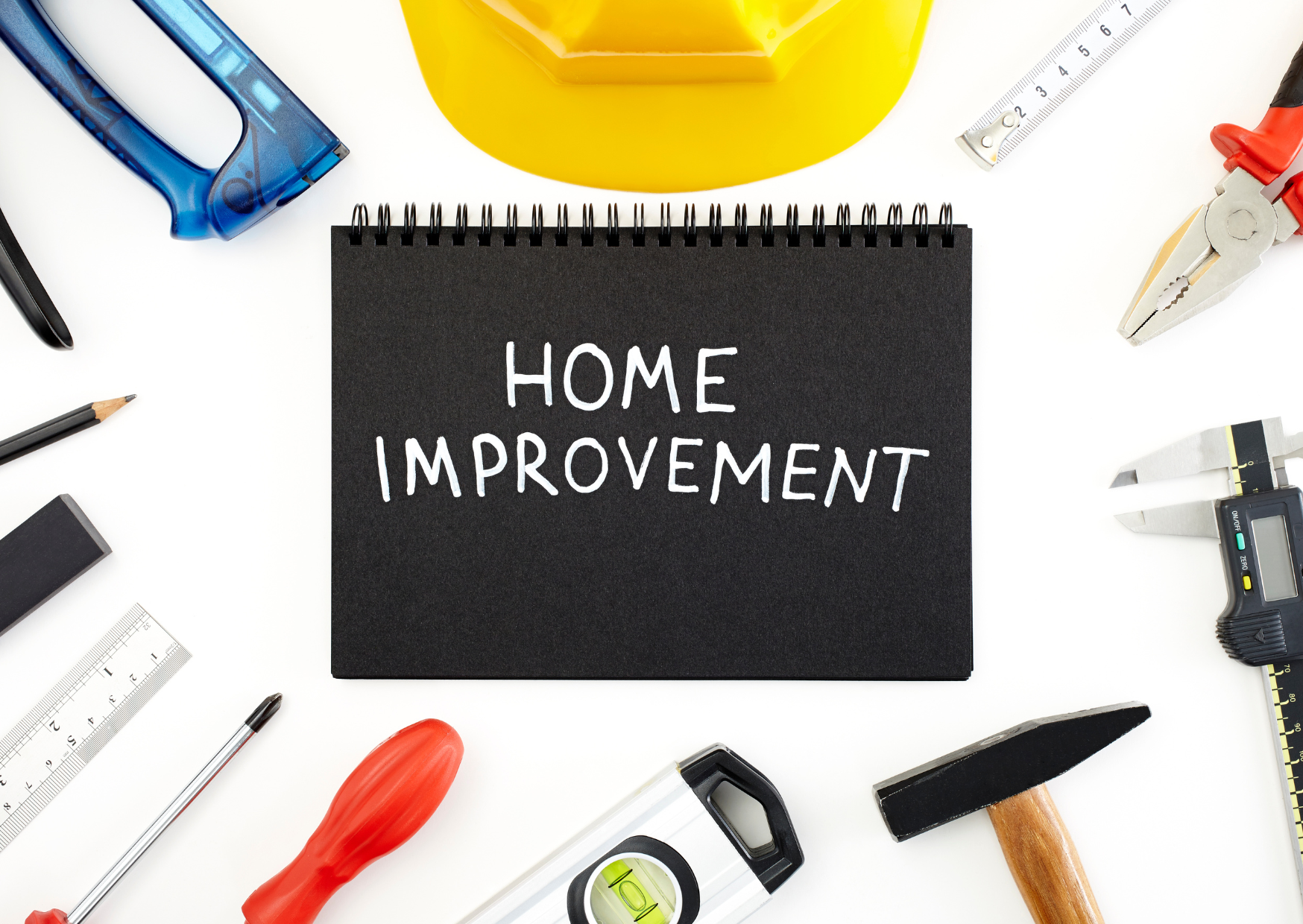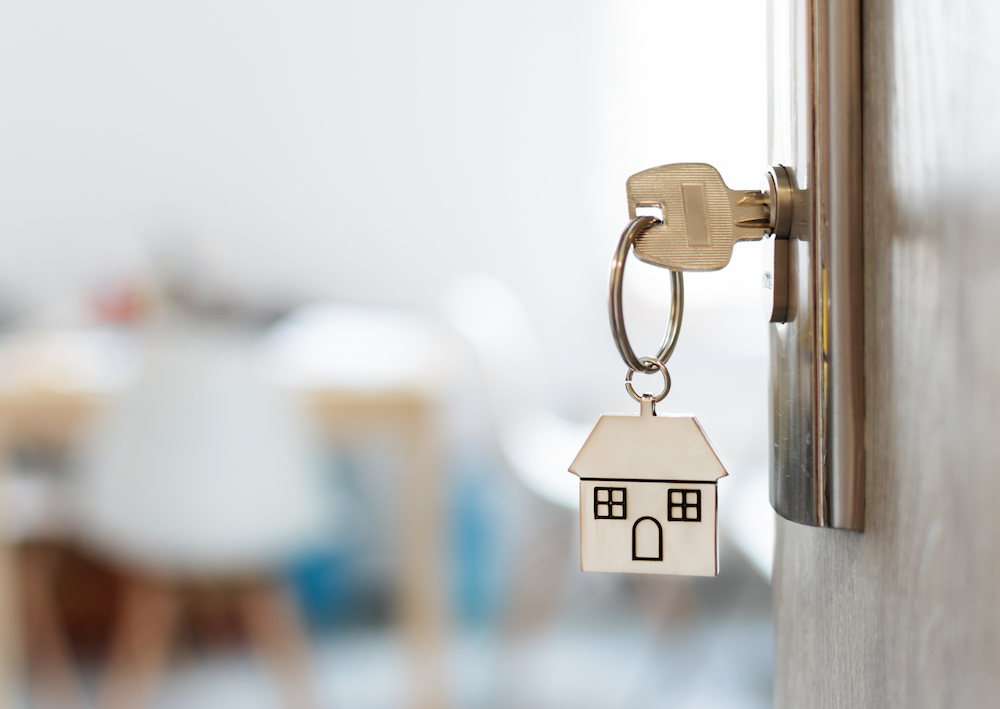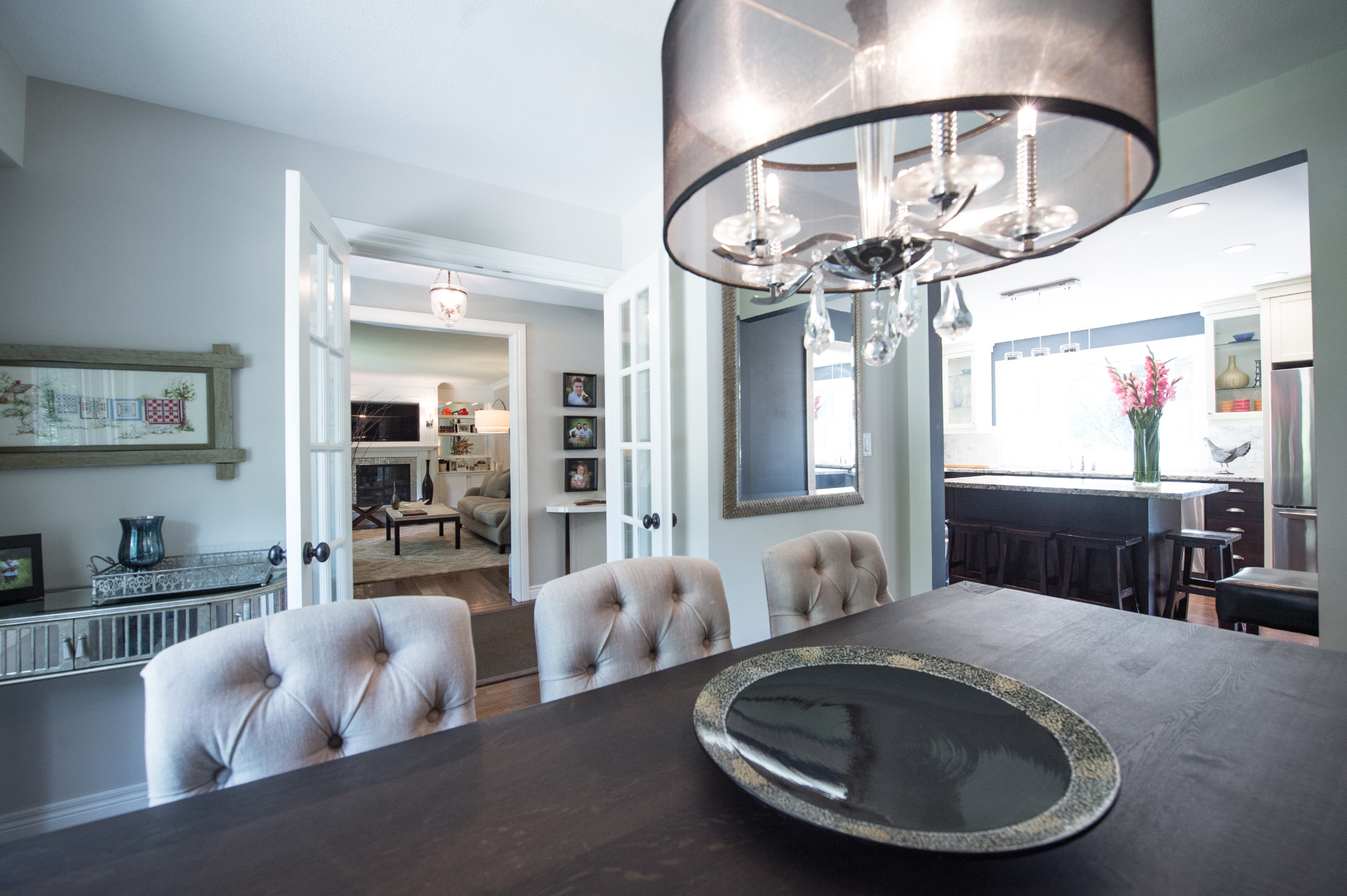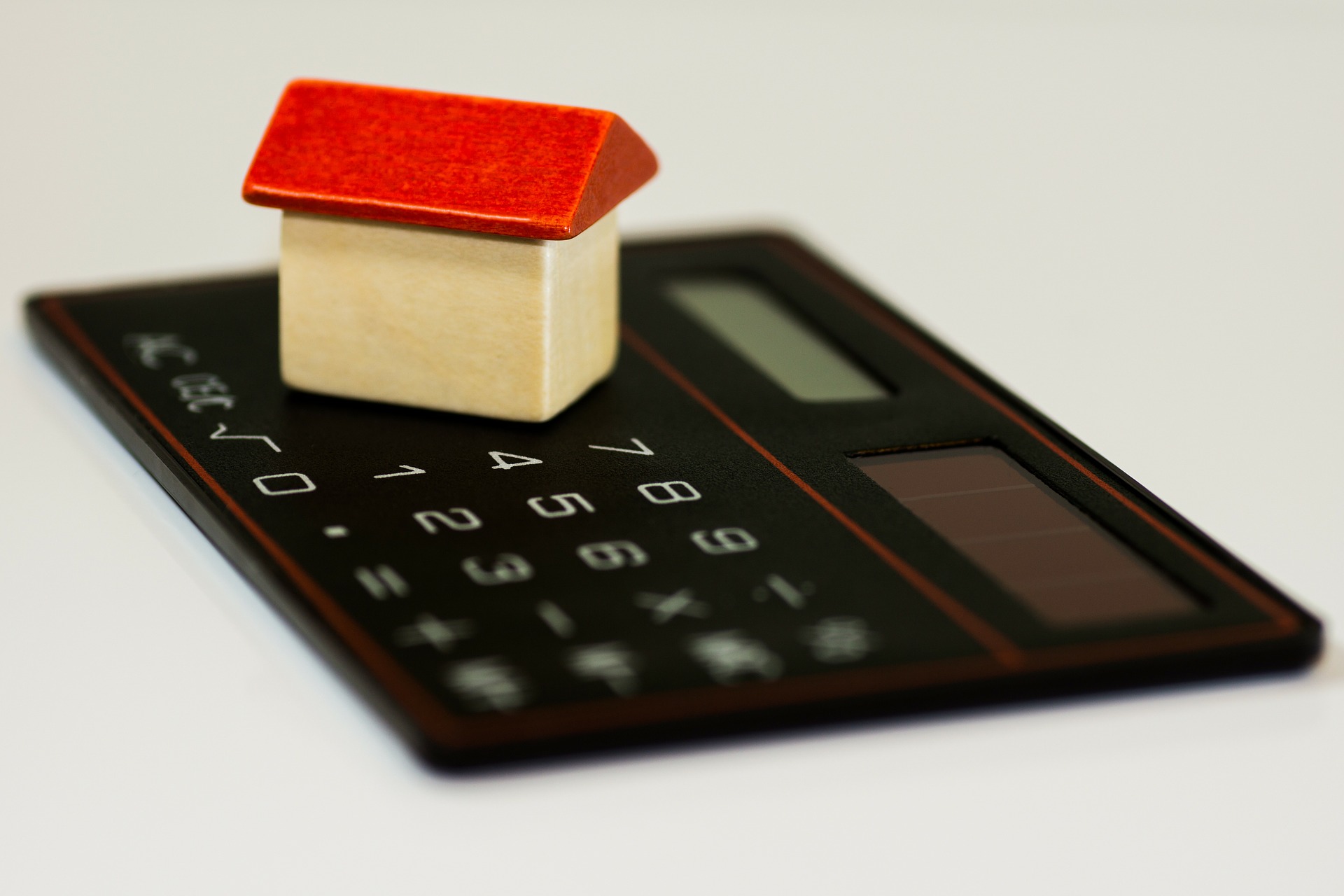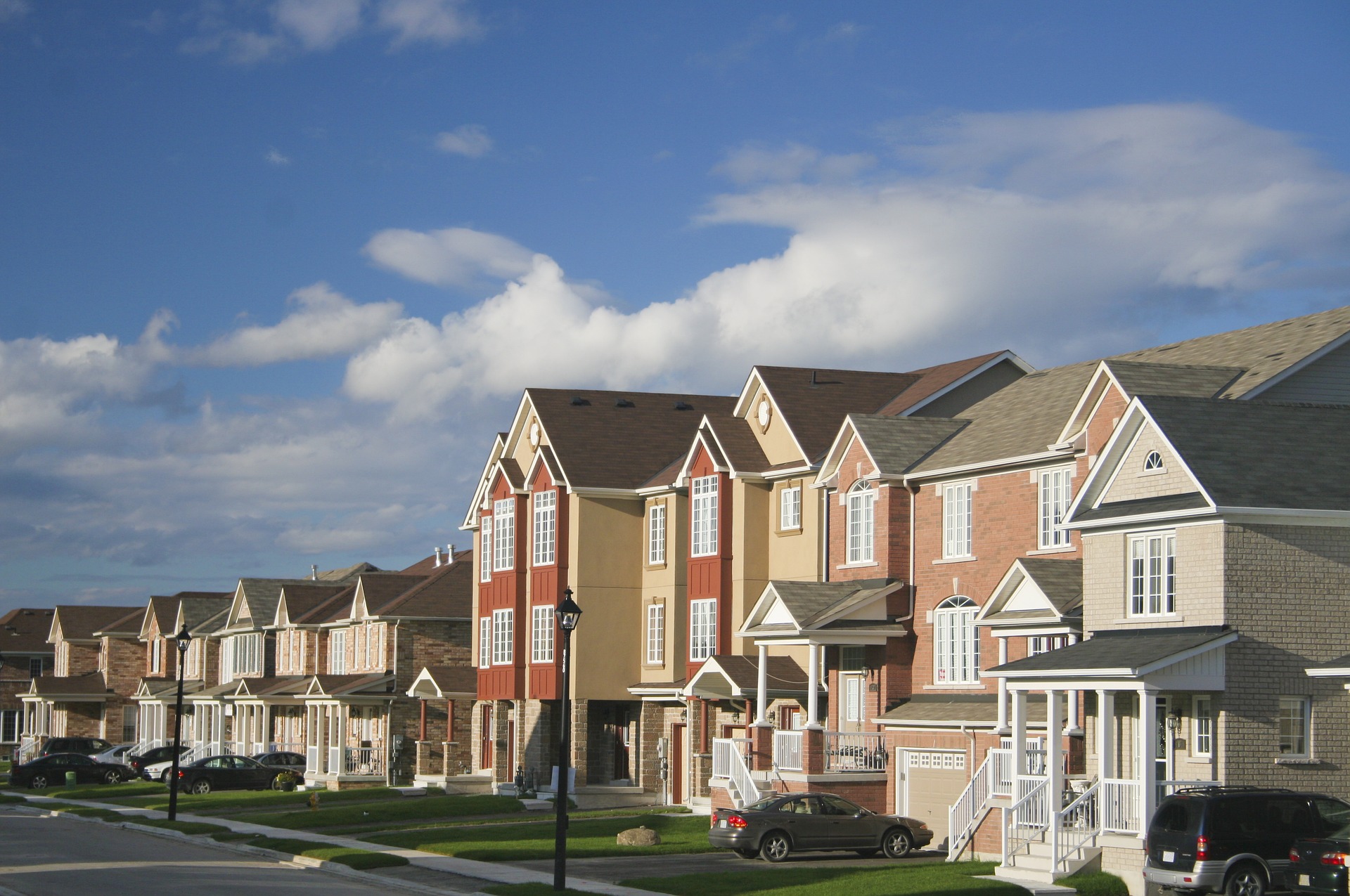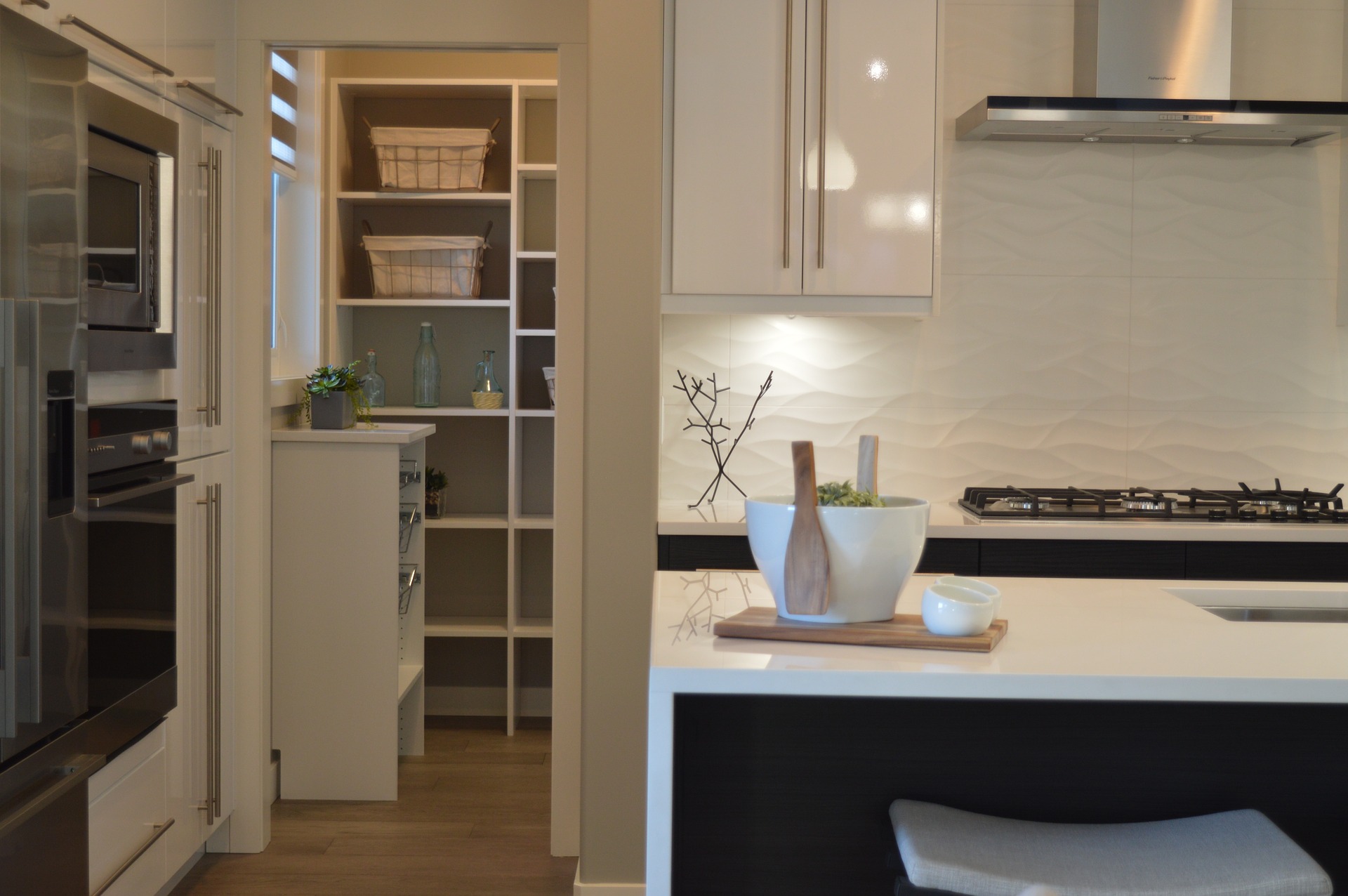Dreaming of owning your first home? Saving up for that down payment can feel like a big hurdle, but cutting back on a few everyday expenses can make all the difference. Let’s break it down:
1. Dine In, Not Out
Eating out is convenient but can quickly add up. Cooking at home not only saves money but also allows you to make healthier choices. Try meal planning to prevent impulse buys and make the most of your groceries.
Tip: Set a goal for dining out only on special occasions. Track your savings each month—it might surprise you!
2. Reduce Subscription Services
Do you really need every streaming platform, magazine, and gym membership? Evaluate which subscriptions you actually use and cancel the rest. Opt for free trials or share accounts with family to cut costs.
Pro Tip: Use a budgeting app to keep tabs on recurring charges so you’re not caught off guard by forgotten subscriptions.
3. Rethink Transportation Costs
If public transit is an option, take advantage of it! Carpooling or biking are not only economical but environmentally friendly too. If you must drive, map out your errands to minimize fuel usage.
Strategy: Calculate your monthly savings from reduced fuel, parking, and toll expenses—and put that directly into your house fund!
4. Energy Savings at Home
Simple changes like using energy-efficient bulbs, unplugging electronics, and setting your thermostat wisely can lower utility bills. This not only benefits your budget but also reduces your environmental footprint.
Quick Wins: Turn off lights when leaving a room and wash clothes in cold water during off-peak hours to save on electricity.
5. Smart Shopping Habits
Impulse purchases can derail your saving goals. Make lists before shopping and stick to them. Look for sales, use coupons, and consider buying store-brand products for regular items.
Did You Know? Buying in bulk can also save money over time, especially for non-perishable goods.
Why It Matters
Every dollar saved brings you a step closer to owning that first home. It’s not just about cutting costs—it's about shifting those savings towards your future, making homeownership a reality sooner than you thought possible.
Ready to move into your dream home? Start saving today and let’s chat about how I can help you find the perfect fit when you’re ready. Message me to take the first step!
Save up for your dream house with these tips

